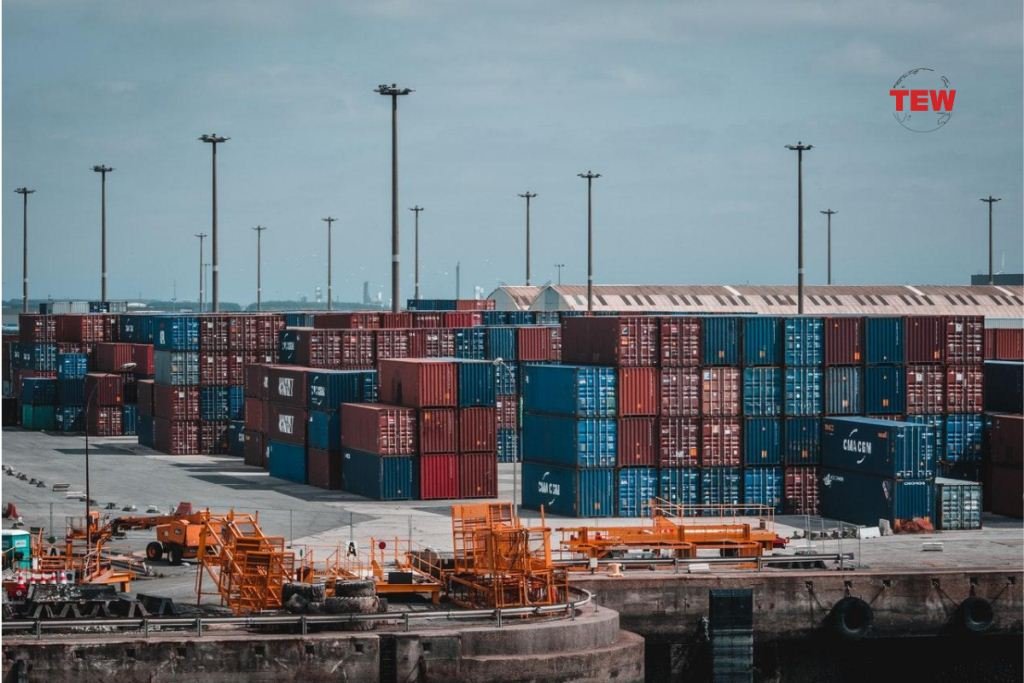Although shipping a container from one destination to another might look like a simple task, things are more complicated in freight forwarding. Locations further away from shipping ports usually require additional transportation means and, subsequently, additional charges. Inland Hauling Charges (IHC) refer to such fees.
What are Inland Hauling Charges?
The Inland Hauling Charge is the transportation charge issued by the carrier to the cargo owner. This IHC covers the cargo’s moving costs from the container freight station to the port and vice versa. IHC is part of the overall ocean freight charges, and they are typically quoted separately when such services are requested.
The mode of transport is via rail, barge, or truck. The carrier can arrange an inland hauling service and includes door-to-door, door-to-port, or port-to-door types.
Inland Hauling Charges are being collected by the carrier when releasing the Bill of Lading for exports and Delivery Order for imports. Also, IHC depends on the locations and other cost factors.
When do the Inland Hauling Charges occur?
Inland Hauling Charges only occur when the cargo owner appoints the freight forwarder to arrange the cargo transport to or from an inland location. Typically, there are three locations where inland haulage is being set to:
- Consignee’s premises – located at the destination
- Shipper’s premises – situated at the origin
- The inland container depot – located at the source or destination.
Most ocean carriers have their own fleet or a network of partners to move cargo inland.
Dedola Global Logistics is a reputed company specialized in ocean shipping, and we also have the means to transport your cargo from the port to the final destination. Whether we use our fleet or means of transportation from our partners, your shipment will arrive safely.
How is inland haulage arranged?
After the costs have been agreed upon between the cargo owner and the freight forwarder, the carriers will start arranging the inland cargo shipping. The first step is to move the cargo from the port to the inland container depot at the carrier’s location or from the shipper’s depot to the port.
Dedola Global Logistics has an extensive domestic and worldwide network. Thus it is easy to ship and track the delivery of your products to their destination. We will arrange for your cargo to reach its final inland destination by rail, truck, or ship and advise the most cost-effective solution.
Can Inland Hauling Charges be avoided?
Inland hauling charges can be avoided if the shipper or the consignee decides to arrange transportation with their vendors and not with an ocean carrier. Although the IHC will not be required, the shipper will have to monitor, arrange and pay for the additional transportation.
If the transportation is done via rail or barge, things get more complicated, and it is recommended to work with an experienced freight forwarder. Carriers have vast networks of partners and can ship your products faster and safer, all at very competitive rates.
At Dedola Global Logistics, the customers benefit from a great variety and flexibility regarding the shipment of their goods. The quote is presented clearly, describing how the cargo will move from the point of origin to its destination. Dedola forwarding services include trucking contractor, rail, or air services in most ports and a tracking service regarding the movement and arrival of your goods.
Summing Up
Inland Hauling Charges or IHC are important factory while receiving the container package at one destination from other. The charges and their distribution is crucial factor to calculate when you are shipping in a longer route. Even if you want to avoid the inland hauling charges, you should carefully know the process to arrange the transportation accordingly.





